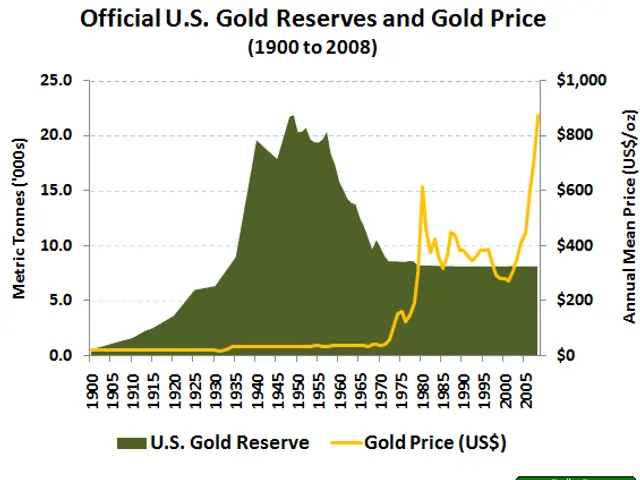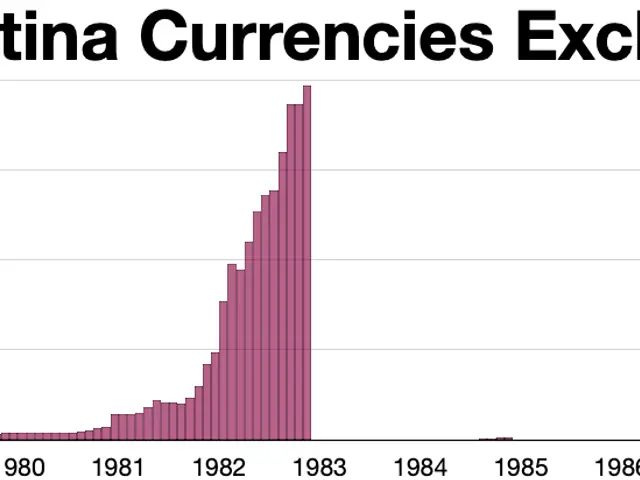The German real estate market in 2024 might be facing a downturn, given the country's technical recession prediction and the energy crisis. This outlook aligns with Deutsche Bank's 2021 prediction that the housing market boom would conclude by 2024.
Currently, the construction sector is experiencing a significant downturn, with an unprecedented 22% of companies abandoning project implementation due to escalating interest rates and construction costs. This scenario is causing unsold construction projects, pushing the burden onto tenants, who might struggle to find suitable and affordable housing options.
In Berlin, where demand for affordable housing outpaces available space, the basic rent has risen by 5% to 12% in the past year. Despite the persistent demand, analysts predict that rents may continue to ascend further. Conversely, property prices have shown a decline since peaking in 2022, with Reuters' experts forecasting a 2.8% fall in 2024.
The crunch in the real estate market stems from the European Central Bank (ECB) raising its key interest rate from 0% to 4.5% in response to rapid inflation growth. This shift in monetary policy has rendered many profitable construction projects unviable, making it difficult for the government to meet its target of constructing 400,000 new homes in 2022 and 2023.
The escalating costs to homeowners—including increased expenses for heating, electricity, and municipal fees—have also exacerbated the situation, pushing about half of all potential buyers out of the market. As a result, property sales in Germany have plummeted to the lowest level since 2012.
Despite the gloomy outlook, some experts are hopeful that the real estate market will recover from its dip. The German Association of Real Estate Investment (DAVE) and the IVD, a real estate lobbying group, believe that the market will rebound in 2024, possibly in the fourth quarter, when construction material prices normalize and inflation slows.
However, other analysts are less optimistic, attributing the unfavorable conditions to enduring economic challenges, including high interest rates and a stagnant private consumption sector. In this regard, the research institute Empirica believes that the lock-in effect will take hold, impelling tenants to refrain from signing new contracts with stratospheric rents and causing rent increases for new tenants.
This complex and nuanced forecast for the German real estate market in 2024 necessitates considering the interplay of various factors, such as interest rate hikes, changing economic conditions, and the regulatory environment.





![The image shows a formalin/PFA-fixed paraffin-embedded section of an anti-pfa1 antibody [epr22828]...](/en/content/images/size/w640/format/webp/20260226200441_csic-monoclonal-antibody-neutralizes.jpeg)


